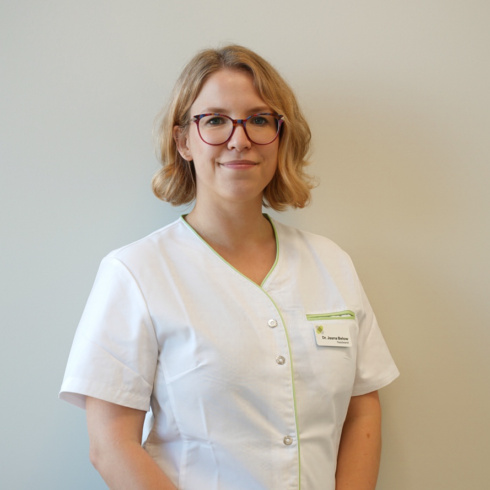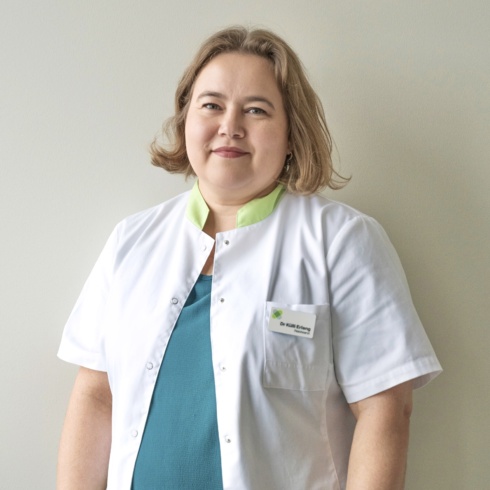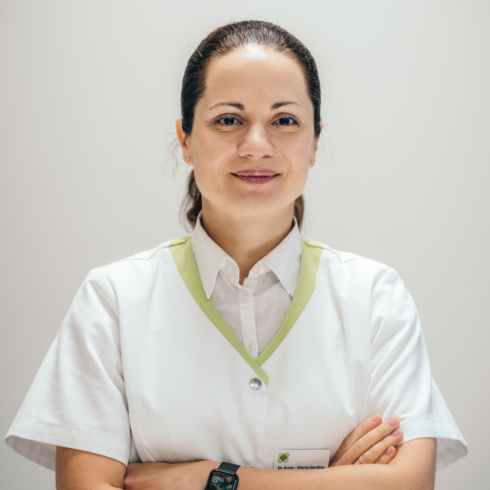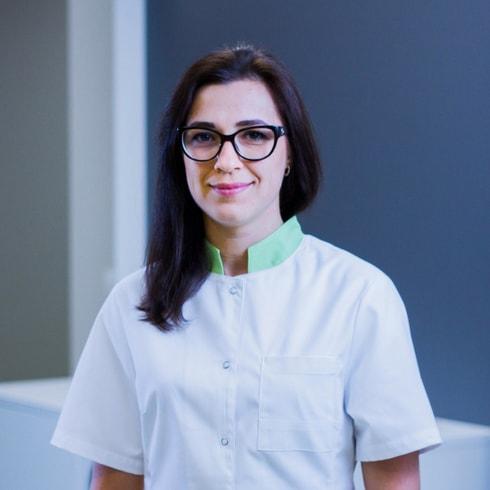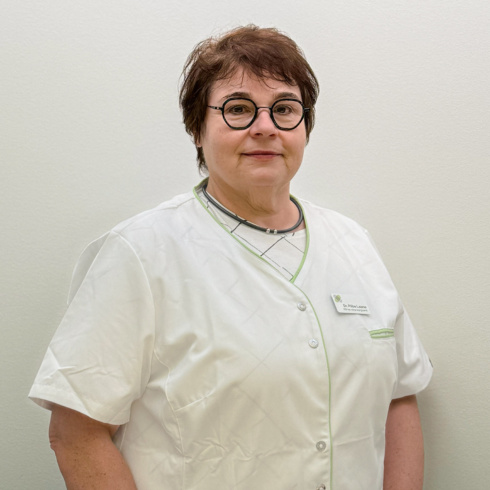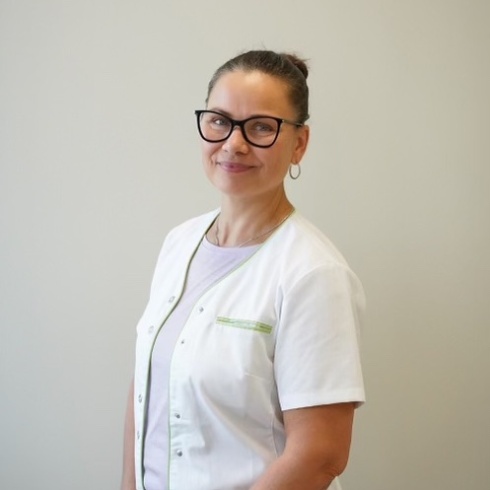Endoscopies
Endoscopies are medical examinations or procedures in which a doctor examines the internal organs and cavities of the body using a flexible tubular instrument called an endoscope. The endoscope is equipped with a camera and a light source, allowing the internal organs to be viewed directly on a monitor, and, if necessary, tissue samples (biopsies) can be taken or therapeutic procedures performed.
Gastroscopy
Gastroscopy is an examination of the upper digestive tract that helps identify the causes of complaints related to the esophagus, stomach, and small intestine, while also detecting ulcers, inflammatory changes, polyps, or other mucosal damage.
With a referral from a family doctor, the examination, biopsy, and laboratory tests are free of charge; sedation can be requested by the patient for an additional fee. Without a referral, a prior consultation with a doctor is required.
Seek this examination if you experience:
-
Persistent heartburn or a feeling of heaviness in the stomach
-
Blood in vomit or unexplained weight loss
-
Chronic digestive problems, such as nausea, vomiting, abdominal pain, or diarrhea
-
Family history of stomach or esophageal cancer
Colonoscopy
Colonoscopy is an examination of the intestines that helps identify the causes of digestive complaints while detecting polyps, mucosal changes, inflammatory processes, diverticula, or hemorrhoids. The procedure can be performed under sedation, using intravenous anesthesia, to make the procedure as comfortable and pain-free as possible for the patient.
With a referral from a family doctor, the examination, biopsy, and laboratory tests are free of charge; sedation can be requested by the patient for an additional fee. Without a referral, a prior consultation with a proctologist is required.
Seek this examination if you experience:
-
Persistent abdominal pain or diarrhea
-
Blood in the stool or unexplained weight loss
-
Chronic symptoms of intestinal inflammation, such as bloating, cramps, or recurrent diarrhea
-
Family history of colorectal cancer or polyps
Sedation
Sedation is a method of pain relief and calming in which the patient is brought into a relaxed or lightly sleepy state to reduce anxiety, discomfort, and pain during the procedure. Sedation usually involves the intravenous administration of medication to ensure the patient is relaxed and as comfortable as possible during the procedure.
The patient may be partially conscious and responsive to the doctor or fully asleep, without remembering the procedure. After sedation, the patient is monitored for a few hours; temporary drowsiness or fatigue may occur, so a companion is required for the journey home.



